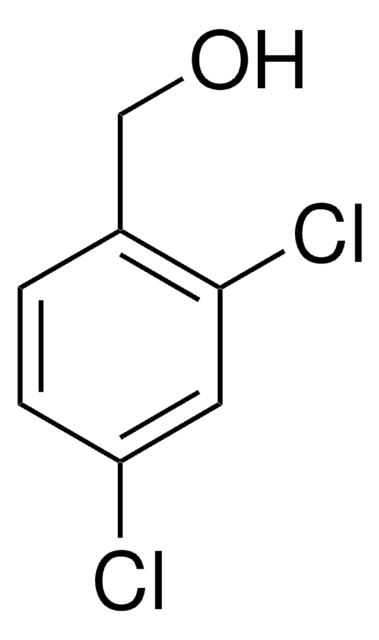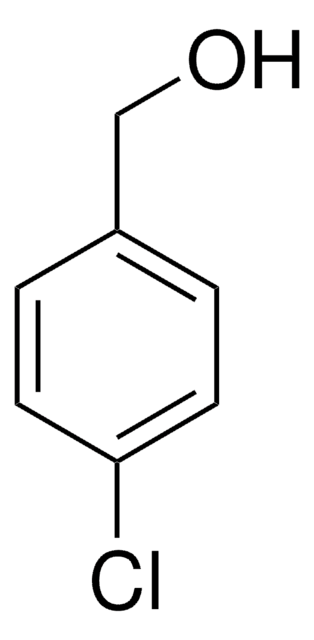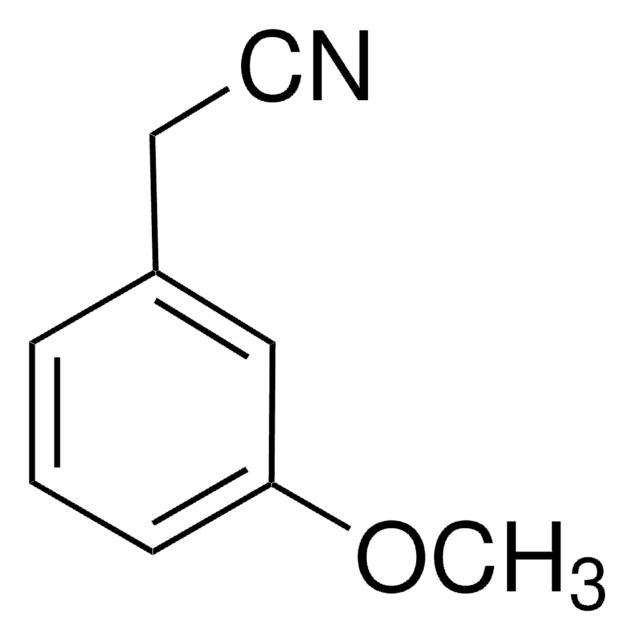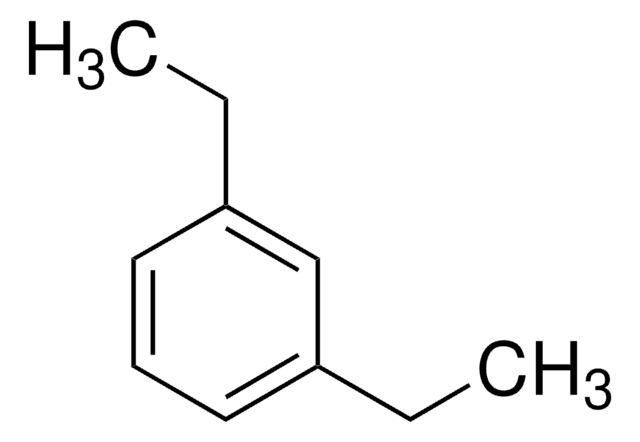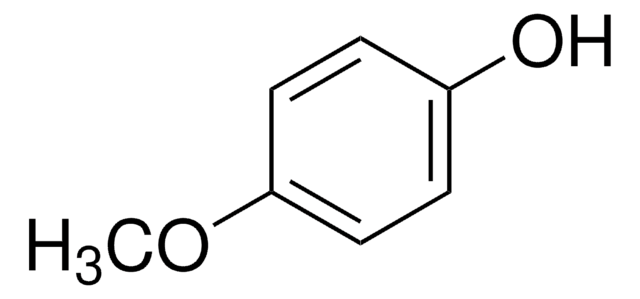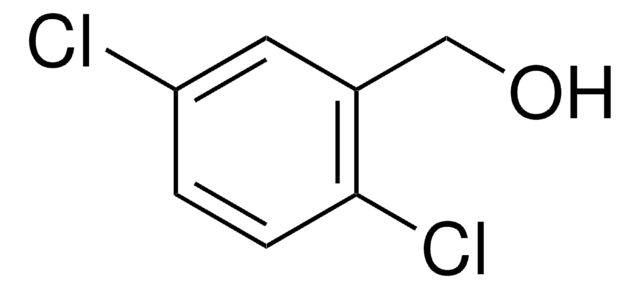259187
Hexetidine, mixture of stereoisomers
Synonym(s):
5-Amino-1,3-bis(2-ethylhexyl)hexahydro-5-methylpyrimidine, NSC 17764
About This Item
Recommended Products
form
liquid
refractive index
n20/D 1.4649 (lit.)
bp
160 °C/0.4 mmHg (lit.)
solubility
acetone: soluble(lit.)
benzene: soluble(lit.)
chloroform: soluble(lit.)
ethanol: soluble(lit.)
hexane: soluble(lit.)
methanol: soluble(lit.)
petroleum ether: soluble(lit.)
water: insoluble(lit.)
density
0.889 g/mL at 25 °C (lit.)
SMILES string
CCCCC(CC)CN1CN(CC(CC)CCCC)CC(C)(N)C1
InChI
1S/C21H45N3/c1-6-10-12-19(8-3)14-23-16-21(5,22)17-24(18-23)15-20(9-4)13-11-7-2/h19-20H,6-18,22H2,1-5H3
InChI key
DTOUUUZOYKYHEP-UHFFFAOYSA-N
Looking for similar products? Visit Product Comparison Guide
General description
Application
- To identify pure liquid salt forms of aspirin
- Of alkyl based selective displacers for protein purification via ion exchange chromatography
- Of the in vivo application of models for testing drugs against nonreplicating Mycobacterium tuberculosis
- Nutrient-sensitized screening for drugs that shift the energy metabolism from mitochondrial respiration to glycolysis
- Inhibition of angiogensis
- Screening antimalarial drugs
Signal Word
Warning
Hazard Statements
Precautionary Statements
Hazard Classifications
Eye Irrit. 2 - Skin Irrit. 2 - STOT SE 3
Target Organs
Respiratory system
Storage Class Code
10 - Combustible liquids
WGK
WGK 3
Flash Point(F)
158.0 °F - closed cup
Flash Point(C)
70 °C - closed cup
Personal Protective Equipment
Choose from one of the most recent versions:
Already Own This Product?
Find documentation for the products that you have recently purchased in the Document Library.
Our team of scientists has experience in all areas of research including Life Science, Material Science, Chemical Synthesis, Chromatography, Analytical and many others.
Contact Technical Service